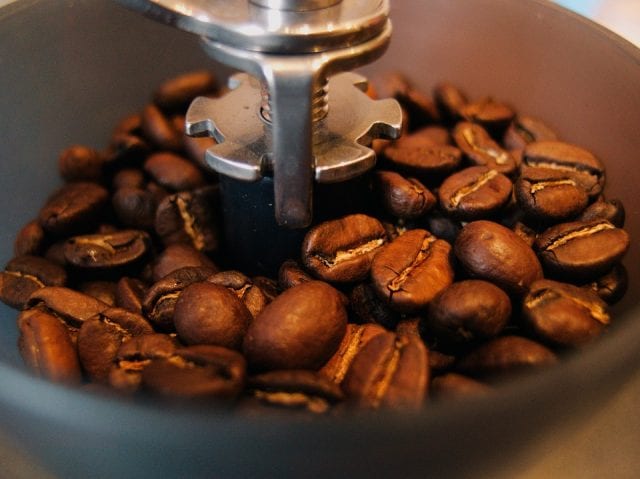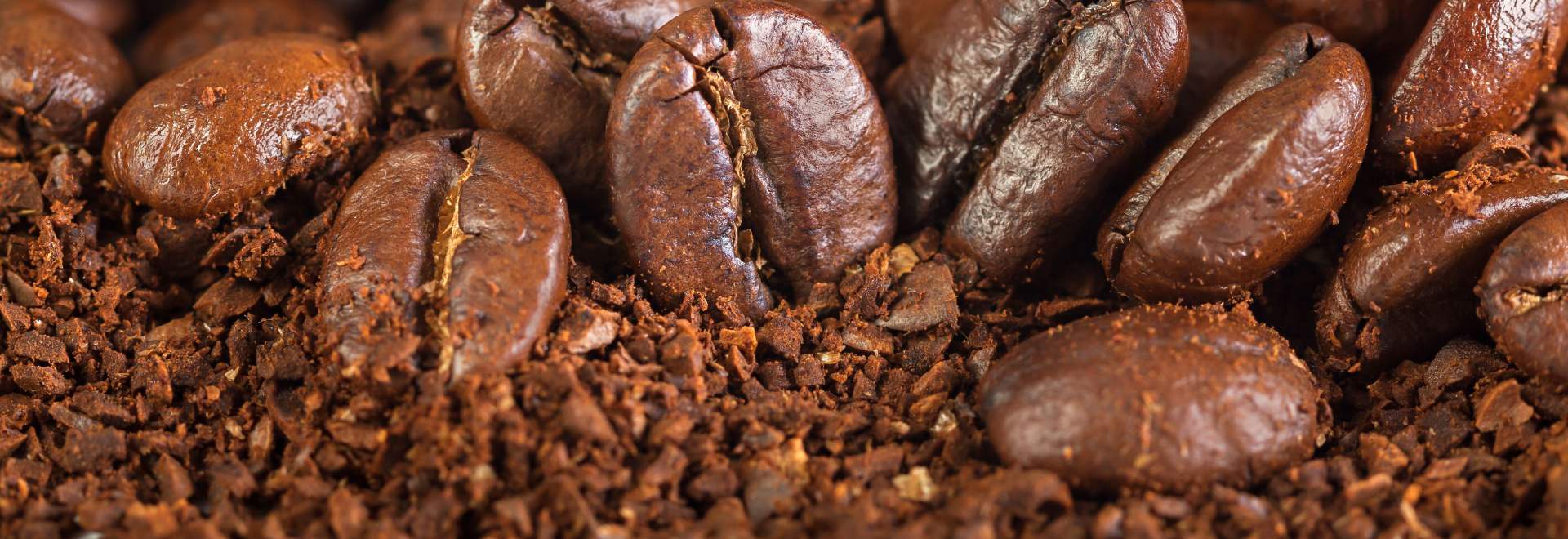
Why is whole bean coffee better than ground coffee?
Why is whole bean coffee better than ground coffee?
By Lauren Loudon
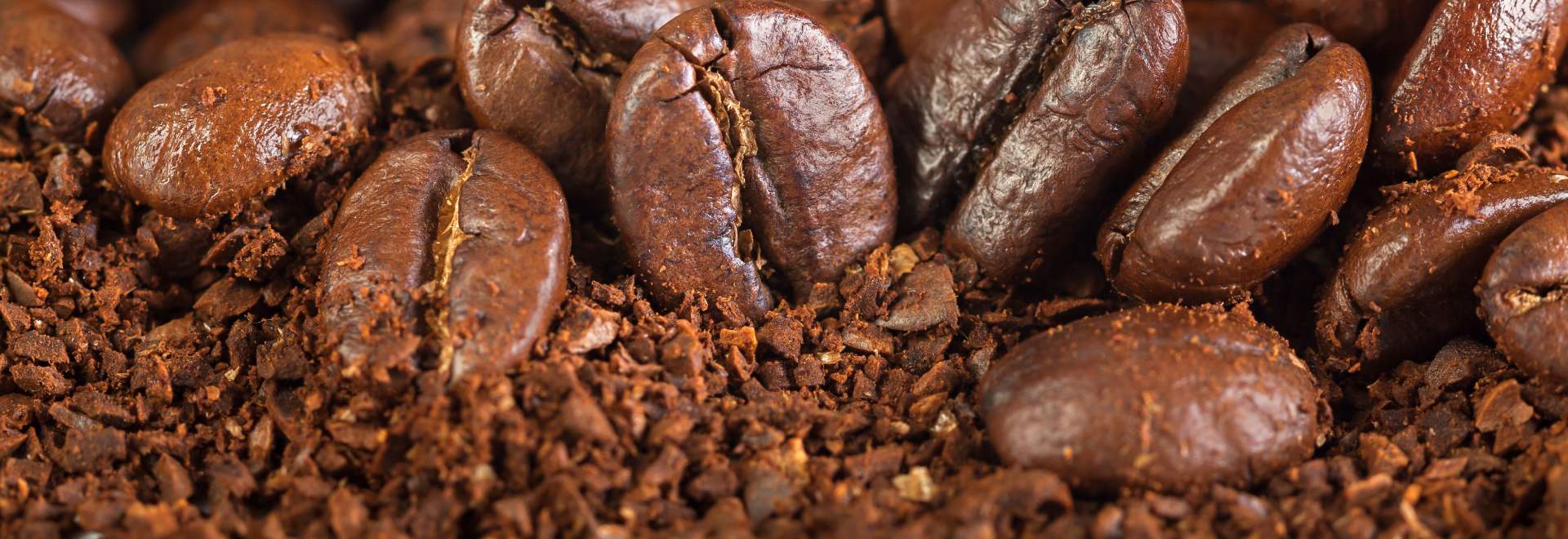
Lauren Loudon speaks with Aaron Torres to discuss the effects on coffee when it is pre-ground, and the benefits of buying your coffee as whole beans.
Purchasing ground coffee offers clear benefits. For those without a grinder, and for those that prioritize a quick and uncomplicated brew method at home, it’s the obvious choice.
Outside of these factors, however, there are convincing reasons to buy whole bean coffee – and it starts with the roasting process.
During roasting, coffee develops chemical compounds that give it flavour and aroma. After the roast is finished and the coffee is exposed to air, it begins to lose these compounds. This process is inevitable, but what we can control is what happens after – when the coffee is ground.
Essentially, grinding coffee increases its surface area, accelerating this process.
There is moisture naturally present from oils in coffee beans. When these oils are dissolved in water during the brew process, they help to create pleasant aromas and some of the more complex flavors found in coffee.
Since these oils are water-soluble, they can also be broken down by excess moisture in the air. When coffee is ground well before brewing, its increased surface area exposes these oils to moisture, leading to quicker breakdown and loss of flavor.
In contrast, freshly ground coffee preserves these oils and can result in more intense flavors and aromas in the cup.
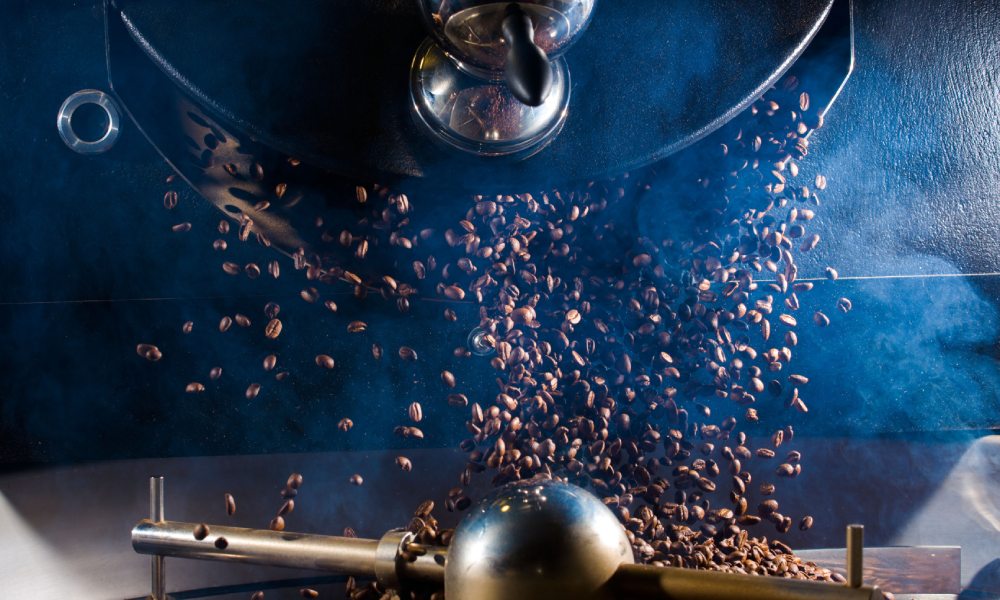
Offgassing
Additionally, pre-ground coffee will alter the process known as “off-gassing”.
Freshly roasted coffee contains CO2 and other remnants from the roasting process, which can impact the quality of your coffee. Off-gassing is when coffee beans release CO2 into the air, starting immediately after roasting.
Allowing coffee to rest and undergo the degassing process generally enhances its flavor, complexity, and overall quality.
However, if the coffee has been ground ahead of time, the “off-gassing” process accelerates significantly compared to whole beans – as there is more surface area exposed to the air, leading to faster CO2 seepage.
In place of CO2, oxygen can enter the coffee and degrade valuable flavor and aroma compounds – this process is known as oxidation. Once coffee is ground, around 60% of its aromas break down within 15 minutes of exposure to oxygen.
Offgassing is a matter of finding the right balance and determining the ideal resting time after roasting. For whole bean coffee, the sweet spot can span from 3 days to 6 weeks. For pre-ground coffee, however, this window is significantly shorter. As a result, coffee that has been ground days before brewing can exhibit bland and stale flavors.
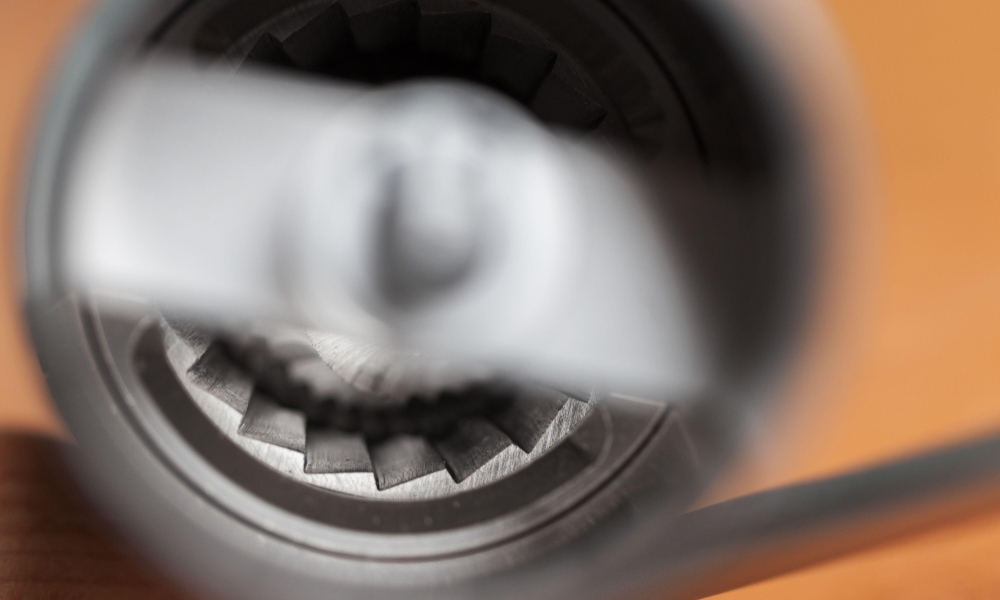
Dialing in grind size
Dialing in can be a challenge for even the most experienced home barista. Pre-ground coffee makes that task significantly more difficult.
Every brew method required a specific grind size. When purchasing pre-ground coffee, it’s largely guesswork in determining the right size. Even if a coffee shop or roaster grinds it, variations in individual home setups can still lead to uncertainty.
Furthermore, dialing in the grind size might need incremental changes over time. For example, some home baristas like to adjust it as their coffee off gasses and “ages” — but this isn’t possible if the entire bag is pre-ground.
“It might be the case that our espresso grind size is too fine for some machines and too coarse for others,” says Aaron Torres, head of coffee at Ue Coffee Roasters. “If you have the ability to grind the coffee yourself, you are going to find the perfect grind size for your equipment for the best extraction possible.”
“Grinding coffee yourself is a massive win, to start with.”
Purchasing a grinder can be valuable for consumers eager to improve the quality of their home-brewed coffee, and happy to enjoy the process. While this is suitable for those willing to invest in the equipment, some people have different priorities.
As such, pre-ground coffee is a good choice for home consumers seeking a hassle-free and fast coffee-making process.
If pre-ground coffee is the preferred choice, there are still ways to ensure quality.
For example, Aaron suggests checking for a one-way valve on the coffee bag. This valve lets carbon dioxide escape while keeping oxygen out, which helps preserve freshness. Additionally, infusion brewers, such as a French press, can be more appropriate than percolator brewers when you have less control over the grind size.
At the same time, it’s better to consume a bag of coffee relatively quickly. The National Coffee Association recommends opting for smaller bags to maintain freshness, especially if you’re using pre-ground coffee.
Ultimately, there are ways to mitigate the challenges associated with pre-ground coffee. However, it’s important to recognize that once the coffee is ground, the clock starts ticking. To elevate the quality of your home-brewed coffee, a significant step forward would involve a switch to buying whole bean coffee.
New Ground Coffee
Also in News
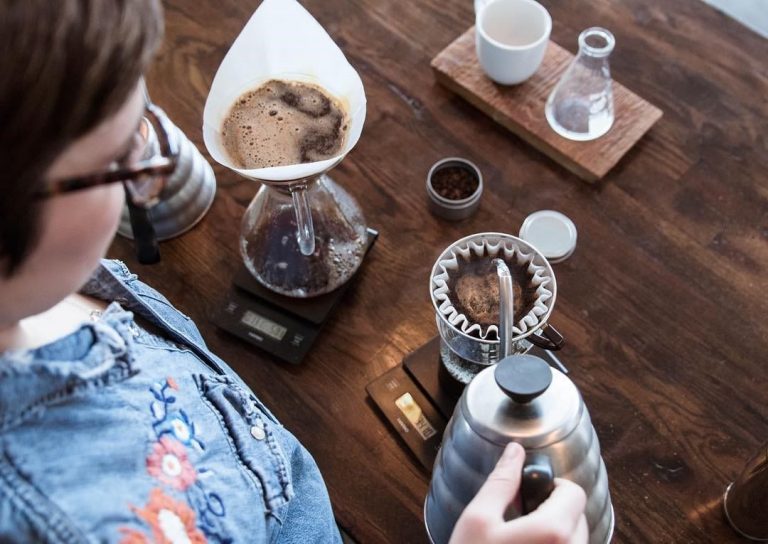
How to Brew Better Coffee at Home
You’re in the right place. Learning how to brew better coffee doesn’t need to be complex. Grind size, brew time, water temperature, and many other factors can affect how your drink tastes, but it doesn’t have to be difficult....
